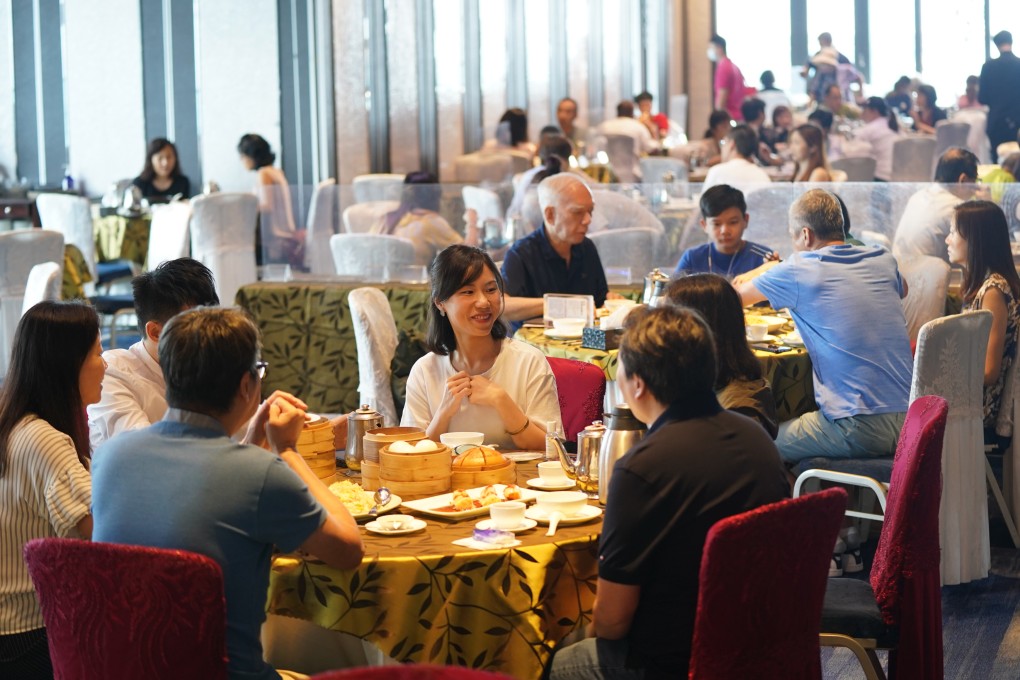Editorial | Public confusion calls for clearer strategy in Hong Kong anti-Covid campaign
- As Omicron variant cases mount, Hong Kong has imposed tough vaccination requirements and tightened social-distancing rules, but such firefighting moves raise questions as to how successful they will be

The surging number of coronavirus cases has prompted Hong Kong authorities to impose tough vaccination requirements and tighten social-distancing regulations. At least one jab will initially be necessary to go to places including shopping malls, supermarkets and department stores, and from Thursday, just two people will again be allowed together in public or dine at each table in restaurants, private gatherings of three or more families will be banned and more venues including places of worship and hair salons closed.
Fines for ignoring compulsory testing orders will be doubled to HK$10,000 (US$1,283). But the government’s strategy of firefighting each new Covid-19 crisis when it appears rather than having in place a well-defined, long-term strategy raises questions as to how effective the measures will be.
Chief Executive Carrie Lam Cheng Yuet-ngor’s announcement came as the city recorded 625 new cases, another daily high. The latest inoculation requirements are being added to a vaccine passport policy being rolled out on February 24 that includes restaurants and fitness centres.
But unlike with the latter premises, enforcement will be based on spot checks by authorities rather than having staff ensure customers are vaccinated. Public transport has not been included, despite it being a reason for the mounting number of untraceable infections, the latest count being 450, the majority being of the highly transmissible Omicron variant.
The government has adopted the mainland’s successful “dynamic zero-infection” strategy, although it has not clearly explained what its implementation involves beyond being necessary to maintain public health and prevent deaths. But Omicron has caught authorities off guard and unlike with previous variants, they have been unable to stop the surge through the usual approach of promptly testing, isolating and quarantining.
